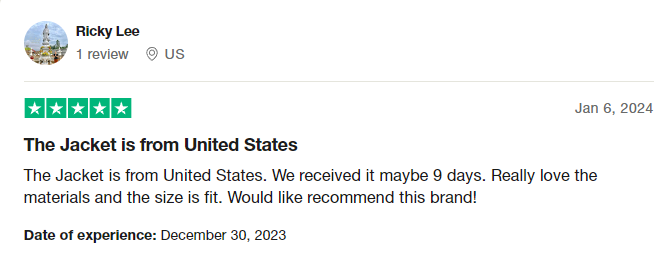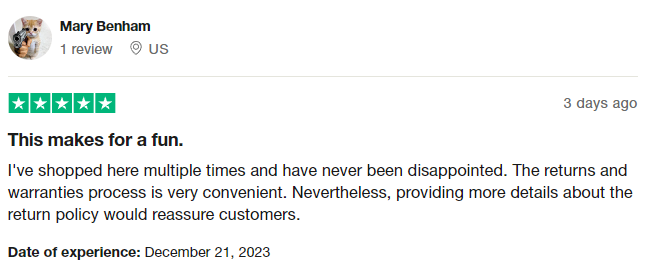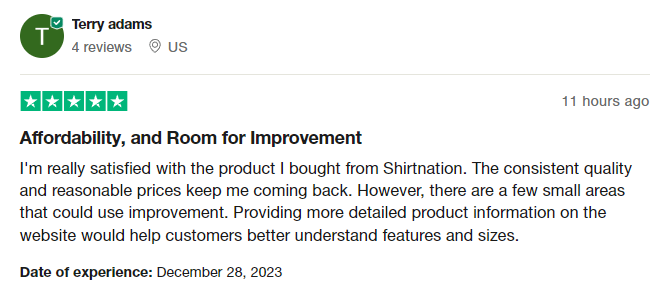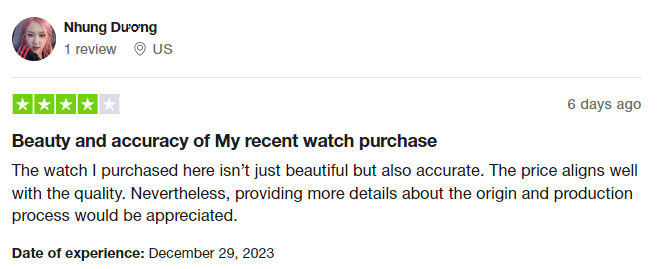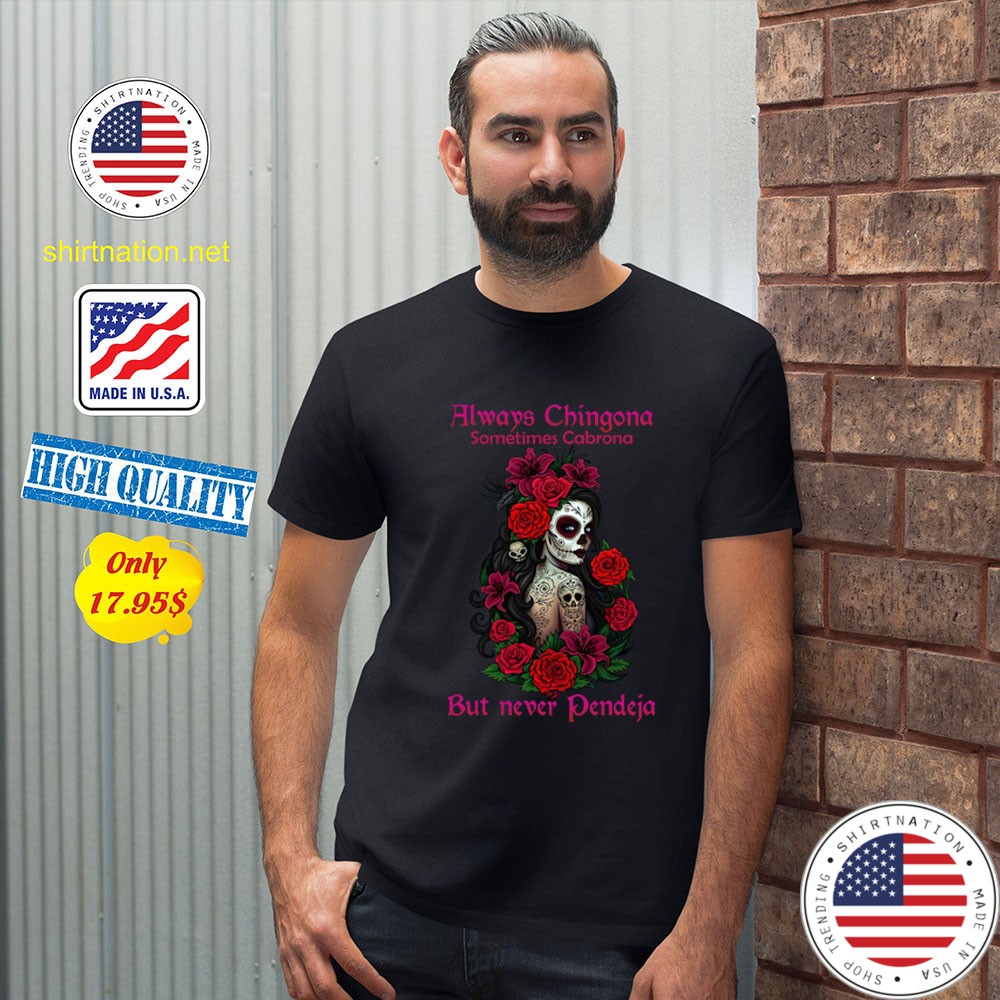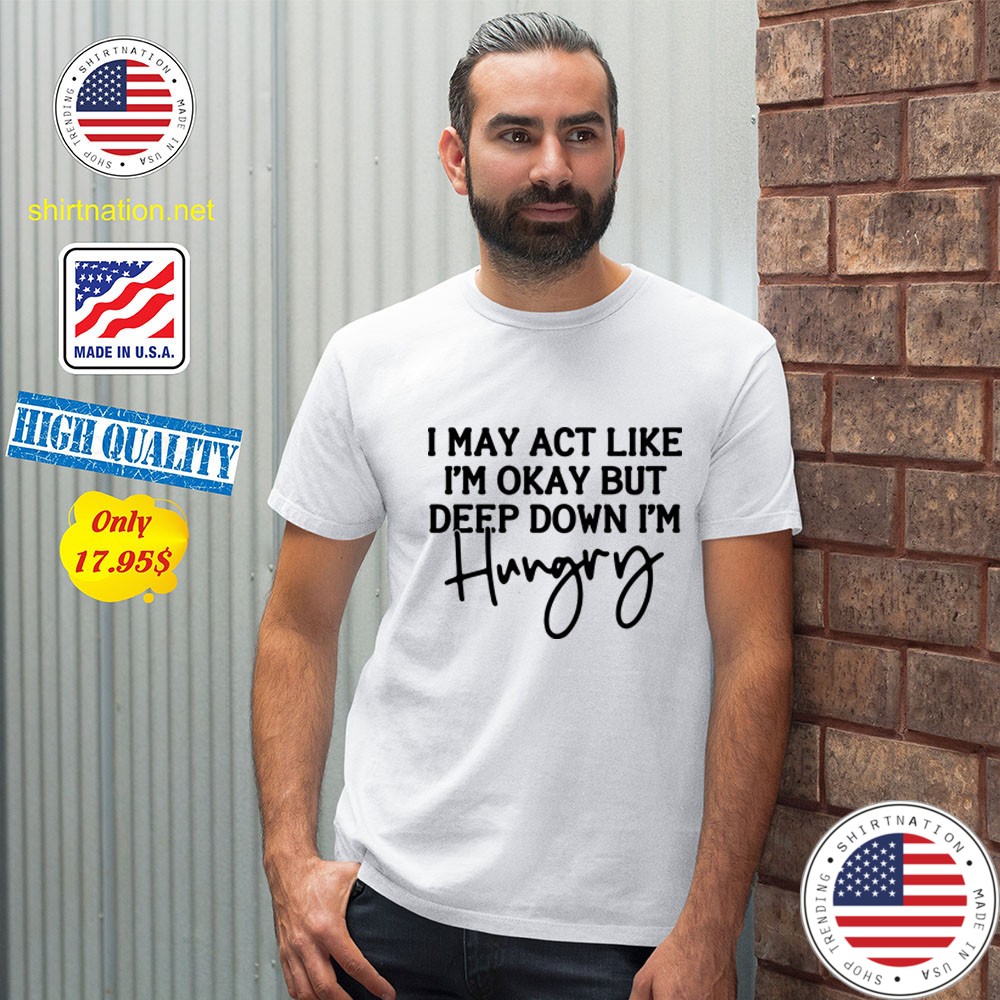I Really Think It’s Time To Take Off The Warning Labels Shirt
While Rocha’s introduction of nachos to the west coast surely contributed to its popularization, there’s no bigger influence on how nachos are consumed today than Frank Liberto. He’s the man who introduced fast food “nachos” to American sports stadiums. Liberto, whose family came from Sicily took over the San Antonio-based family business from his father “Rico” Liberto selling concessions at events and movie theaters. In fact, the company was perhaps the first American concession-focused business, selling peanuts when the circus came to town. In 1976, at a Texas Rangers baseball game in Arlington, Liberto’s company “Rico’s” sold the very first “stadium nachos.” Never wanting his customers to stand more than a minute in line, he devised a gooey “cheese sauce” (which was and still is intended to be diluted with water or jalapeno juice) that could be ladled up quickly, didn’t need to be refrigerated and had a long shelf life. Despite the sauce not actually being cheese (this according to the FDA), it was an immediate hit and outsold every other product at the stadium in 1976. In 1978, stadium nachos had made its way northeast to the Dallas Cowboys’ Stadium. At the time the Cowboys were known as “America’s Team” and often hosted ABC’s Monday Night Football. The announcing team for those games included the legendary Howard Cosell. The story goes (at least according to Liberto’s son) that while trying to fill dead air during a blowout, Cosell remarked how delicious his snack was, these new “nachos.” Liking the sound of the word, he began to describe plays on-air as a “nacho,” as in “that was a nacho run.” Soon, America stadium nachos were in every stadium thanks to Cosell’s constant promotion.


I Really Think It’s Time To Take Off The Warning Labels Shirt
Unfortunately, Anaya had died in 1975, so he was never able to see his accidental culinary invention talked about in front of a national television audience. Today, there’s reportedly a bronze plaque up in Piedras Negras that honors Anaya’s accomplishment. Additionally, October 21st is considered International Day of the Nacho. No matter the day or the place, however, it may be hard to replicate whatever magic Anaya devised decades ago. As his granddaughter told the San Antonio Express-News in 2002, “The chips are different (today). They’re not homemade chips like he used to do. Or maybe it’s the hands of the chef.”







